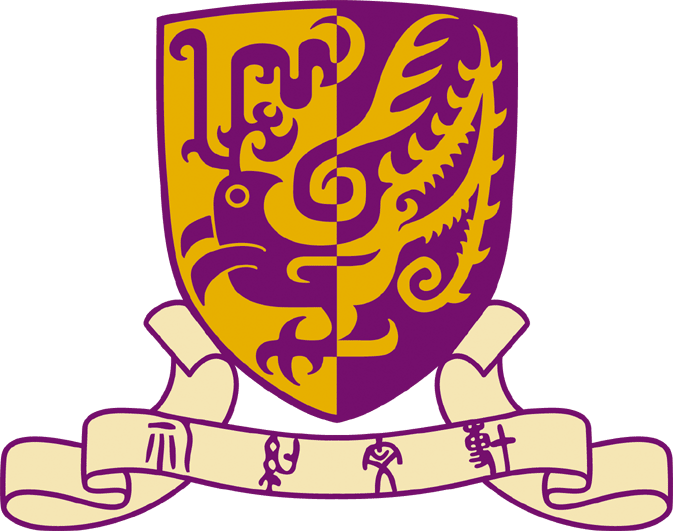| Educational qualification | B. A. Ethnology & Human Resource Management, Southwest University, 2011 M.A. in Anthropology, Xiamen University, 2014 |
|---|---|
| Home town | Mianyang, Sichuan Province, China |
| loading... |
Understanding anthropology is a process, similar to making sense of informants’ life in anthropological research which asks for patience, empathies, and care.
I did not choose to be an anthropologist at the beginning of my college study. I was interested in geography, but unfortunately, transferred by the university admission system to Ethnology, which most students would not prefer. When getting the admission notice, I was so disappointed because no one in my life had an idea of what Ethnology was. I considered quitting and taking gaokao (national college entrance examination) the second time to get into the geography department, and fortunately, I did not do that.
Everything began to change after my first class in college. Customs, values, and histories of cultures fed my curiosities, and they gradually became my wonderland. Understanding cultures in specific contexts, which is the main idea of cultural relativism, guided my tour by shifting from focusing on cultural traits to making sense of the whole. Especially interested in beliefs, I described in my thesis about the religious practices among a group of Miao People in Guizhou Province, China.
My M. A. study started in 2011 right after I got my bachelor’s degree. I received systematic training in anthropology during the M.A. period, accordingly reading ethnographies, conducting fieldwork, and writing the thesis in each academic year. Benefiting hugely from the M.A. program, I started having an overview of contemporary anthropology, in which ethnomedicine and medical cultures became my main research interests. Later on I did the fieldwork in a Qiang village in Sichuan and discussed the medical system and its everyday meanings to local people. To me, medical culture becomes the lens through which I could grab the whole of a culture.
My current research focuses on prosthesis users’ everyday life in Sichuan, China. Their lives interest me in both ethnographical and theoretical sense. First, there have been a few anthropological books concerning disabled people’s life in China but none of them discussed directly about prosthesis users. I believe we could have some different understandings of China by exploring the experiences of the aforementioned group of people. Second, my research is theoretically significant as it directly relates to dilemmas of abled/disabled body and caregiving/receiving process. Therefore, I will discuss prosthesis users’ experiences of being disabled, their body conceptions, and the caregiving/care-receiving practices in China in my Ph.D. dissertation.

